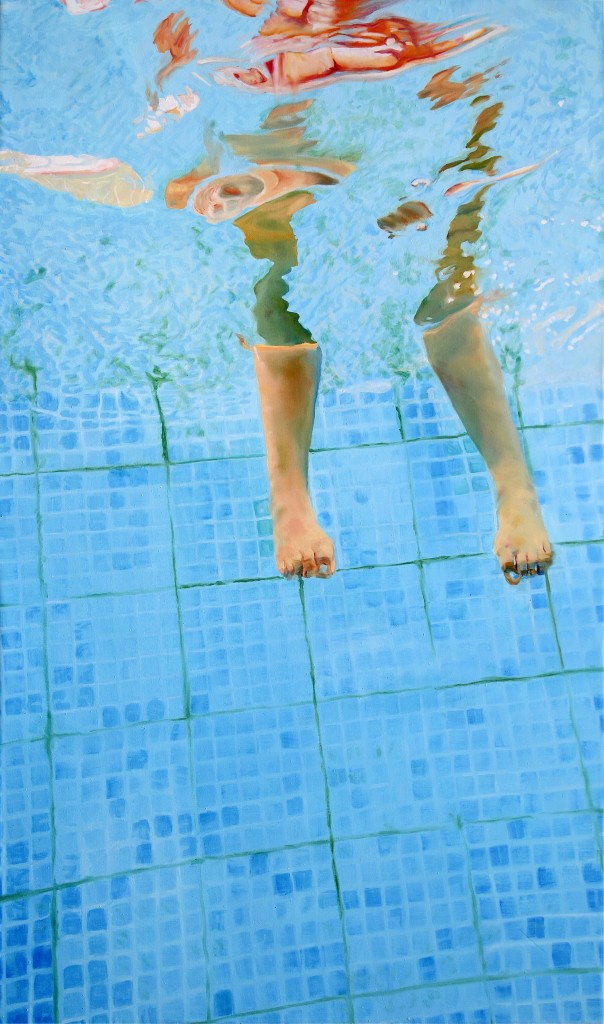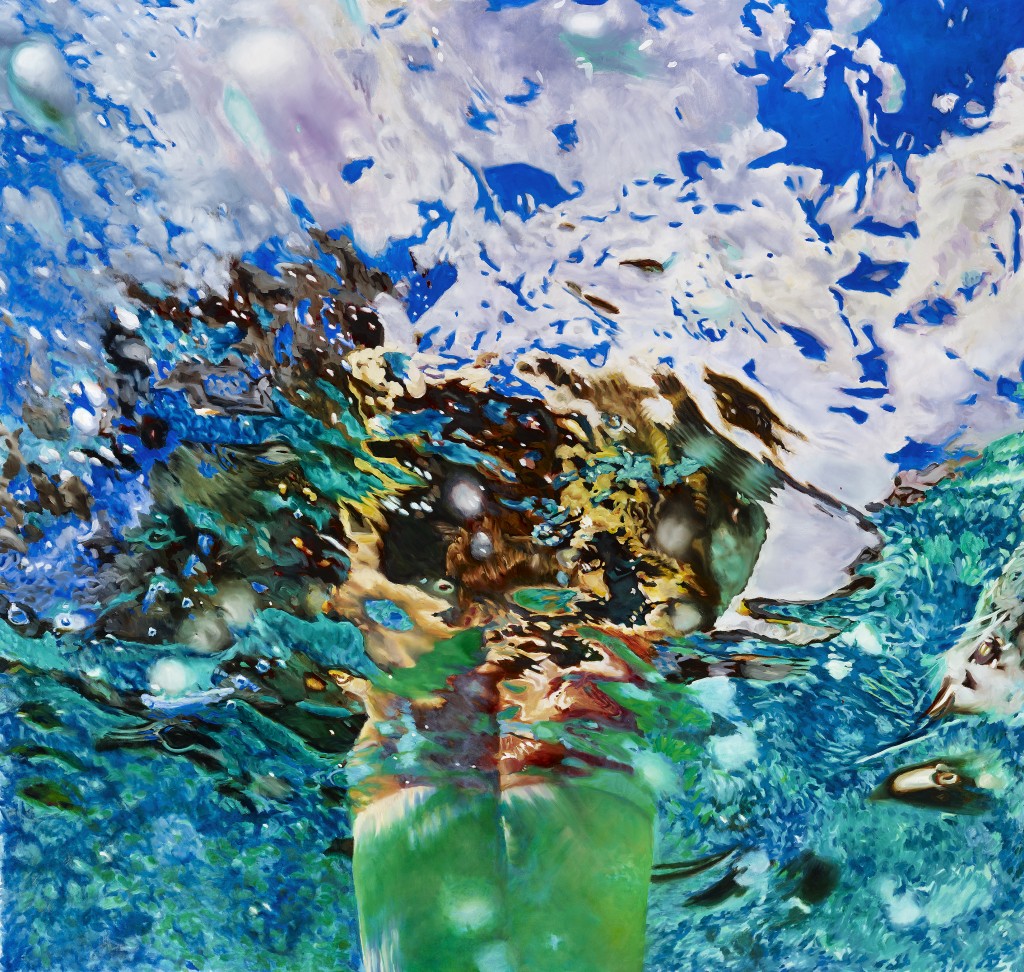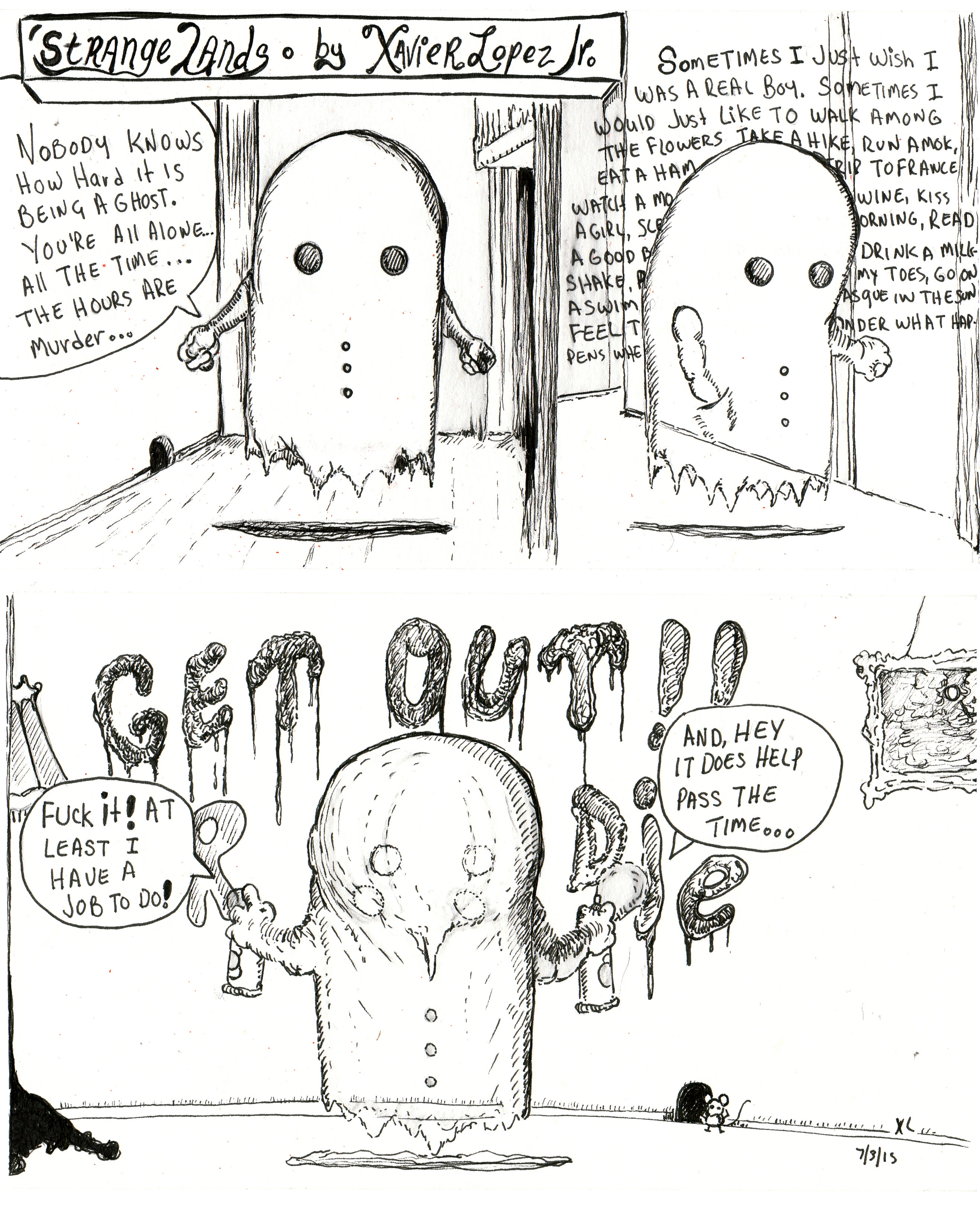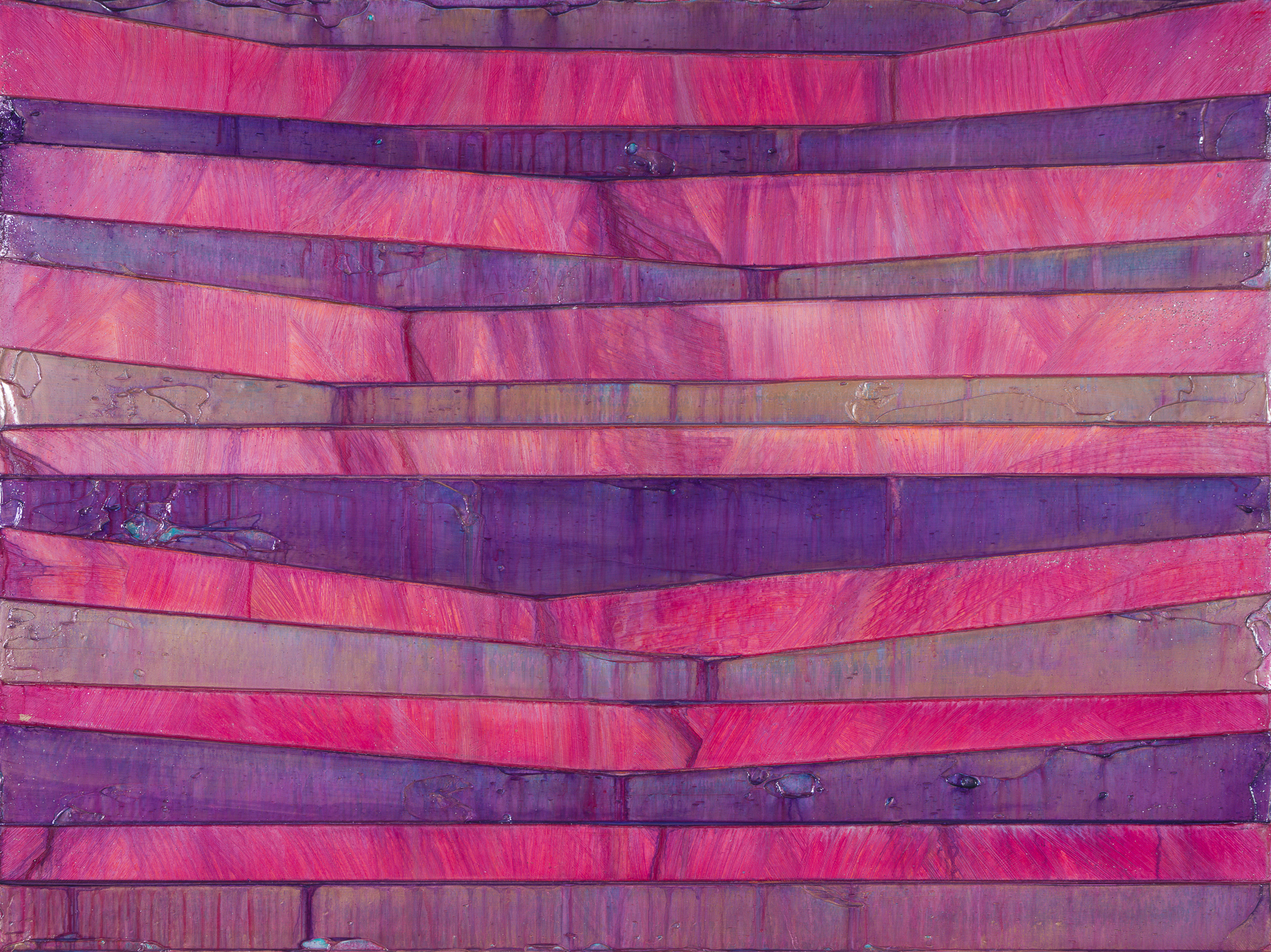
ART by Kate Vrijmoet

In the Non-ordinary Reality paintings I use the tools of classical painting to provoke unusual emotions in my audience. Great painting can be engulfing and involving. I don’t settle for less than an extremely high-impact experience for the viewer.

oil on canvas
72 x 84″
“To go the distance as a painter, you need to step outside received ideas. I feel that many of the deepest and most unusual experiences in art – all kinds of art – are only available because the artist has led you to them through emotions that are provocative but, at least at first, acceptable.”
The scale and colors of Non-ordinary Reality paintings appeal to a more haptic sense. The qualities we associate with water–color, texture, buoyancy, sound–take over. These painting explore the liminal state and the distortion of time that implies, as manifested by the way water contorts the body. Yet, viewers want to be inside these paintings. Critic Elatia Harris writes, “As optically seductive as they are, there’s a sense of tight compression about them. […] The water almost laps away at identity, replacing it with a sense of becoming.”

We are living in an anxious era, one to which artists respond through their work even though they may work to escape it. The central idea of my paintings is to give voice to the unscreamed scream, to what has been silent and demands to be heard — so that my point of departure is one highly charged with anxiety but also with the promise of breaking through. The scream seems hallowed, sacred somehow and violent, excessively so. It is cloaked by society and everyday life.
Water is a metaphor, both for keeping afloat and for a tide of change. The way that water alters gesture, conferring ambiguity and disguise but ultimately revealing all, suggests the necessity of opening our eyes under water, learning to see through moving water.
Warren Buffet remarked that when the tide goes out, we find out who has been swimming naked. Amid fear and loss and disorientation, we are signaling wildly; this could be a time for making new connections and building new strengths.




Leave a Reply